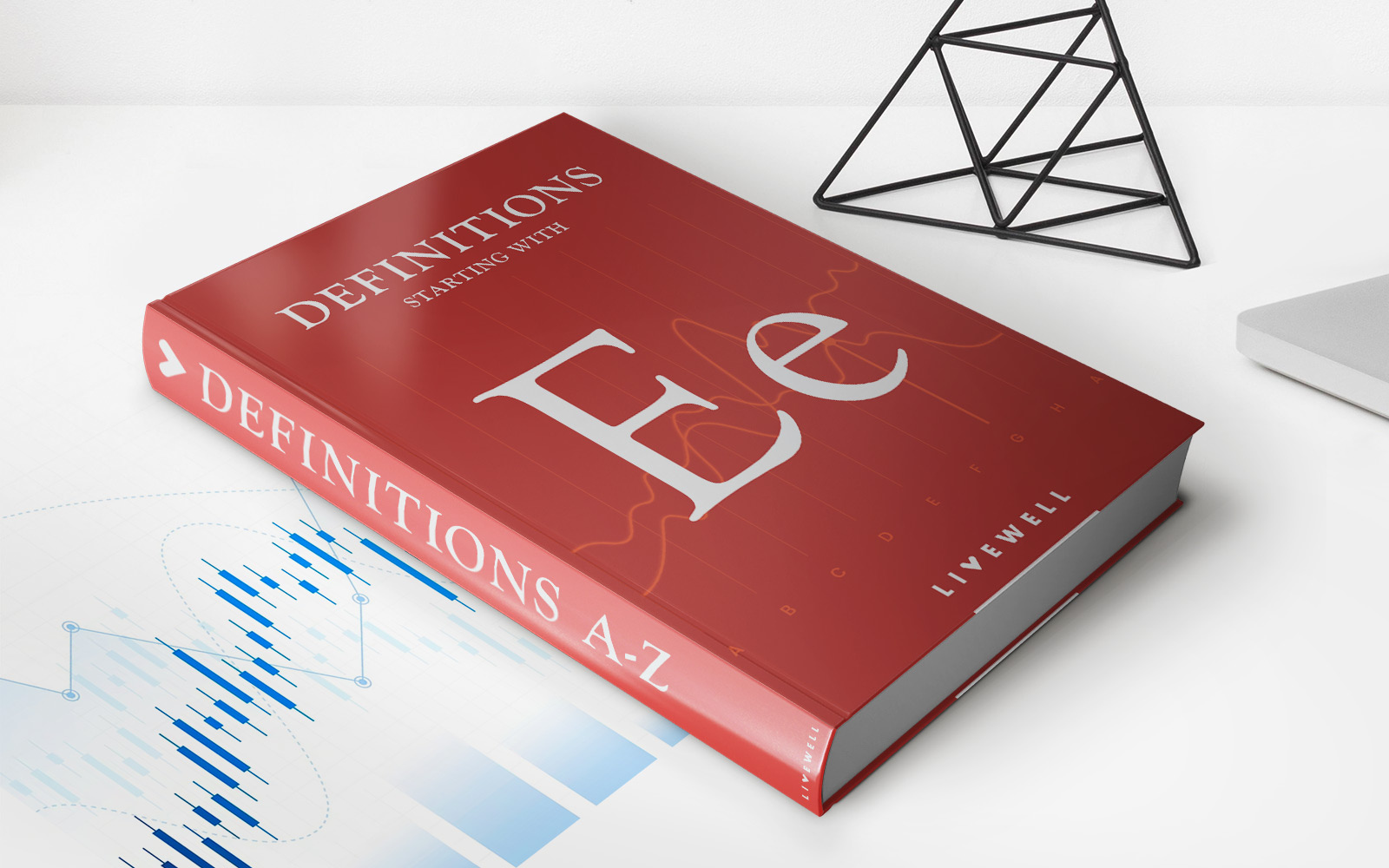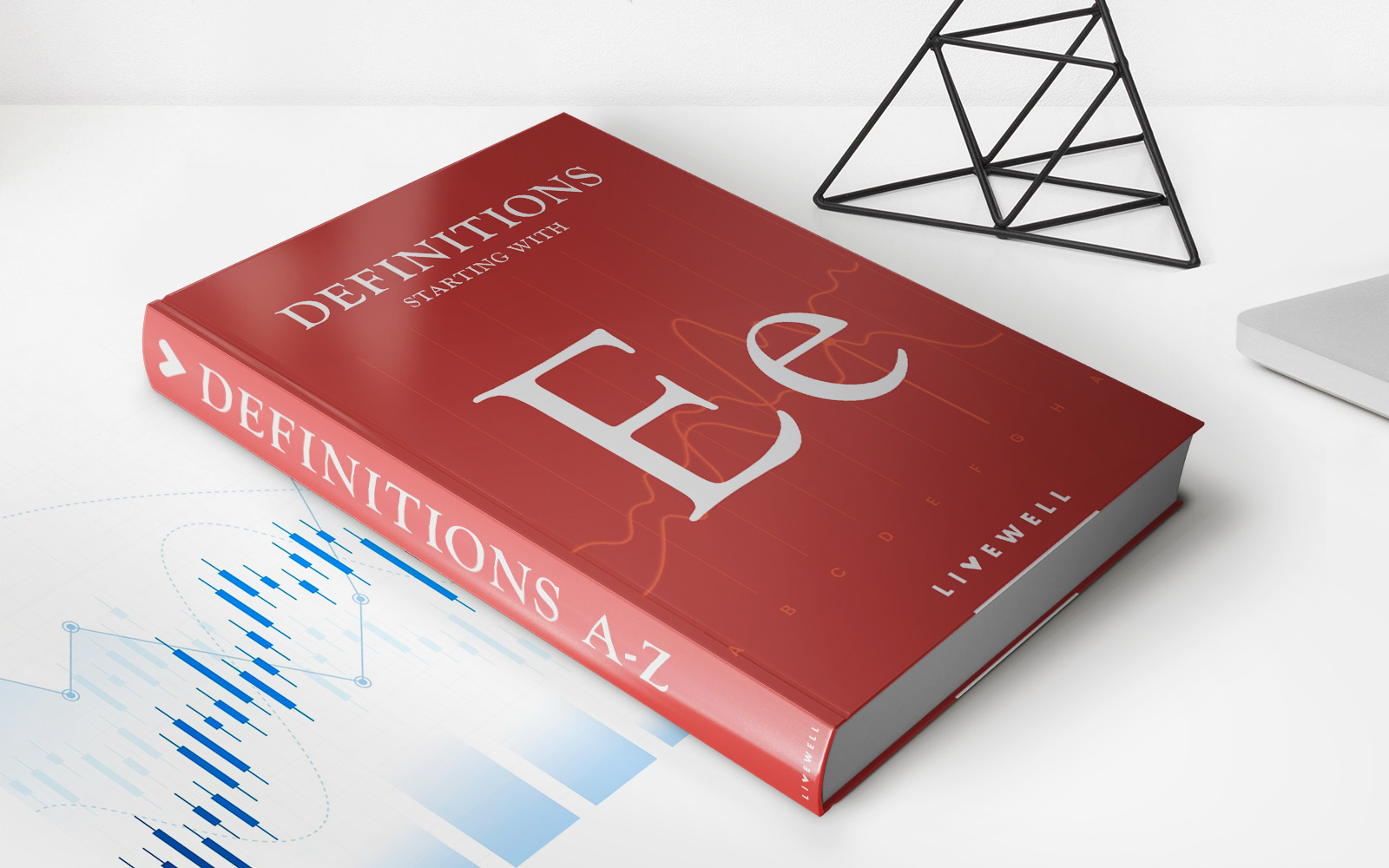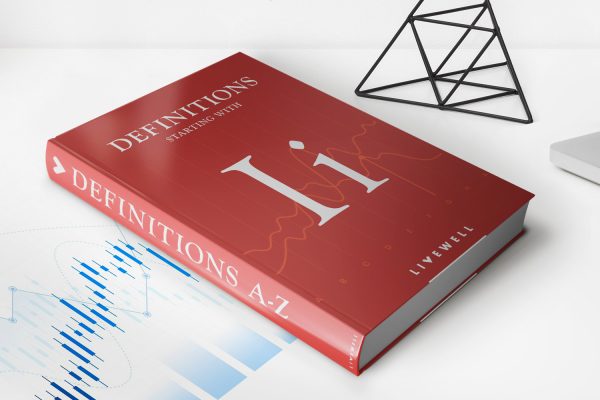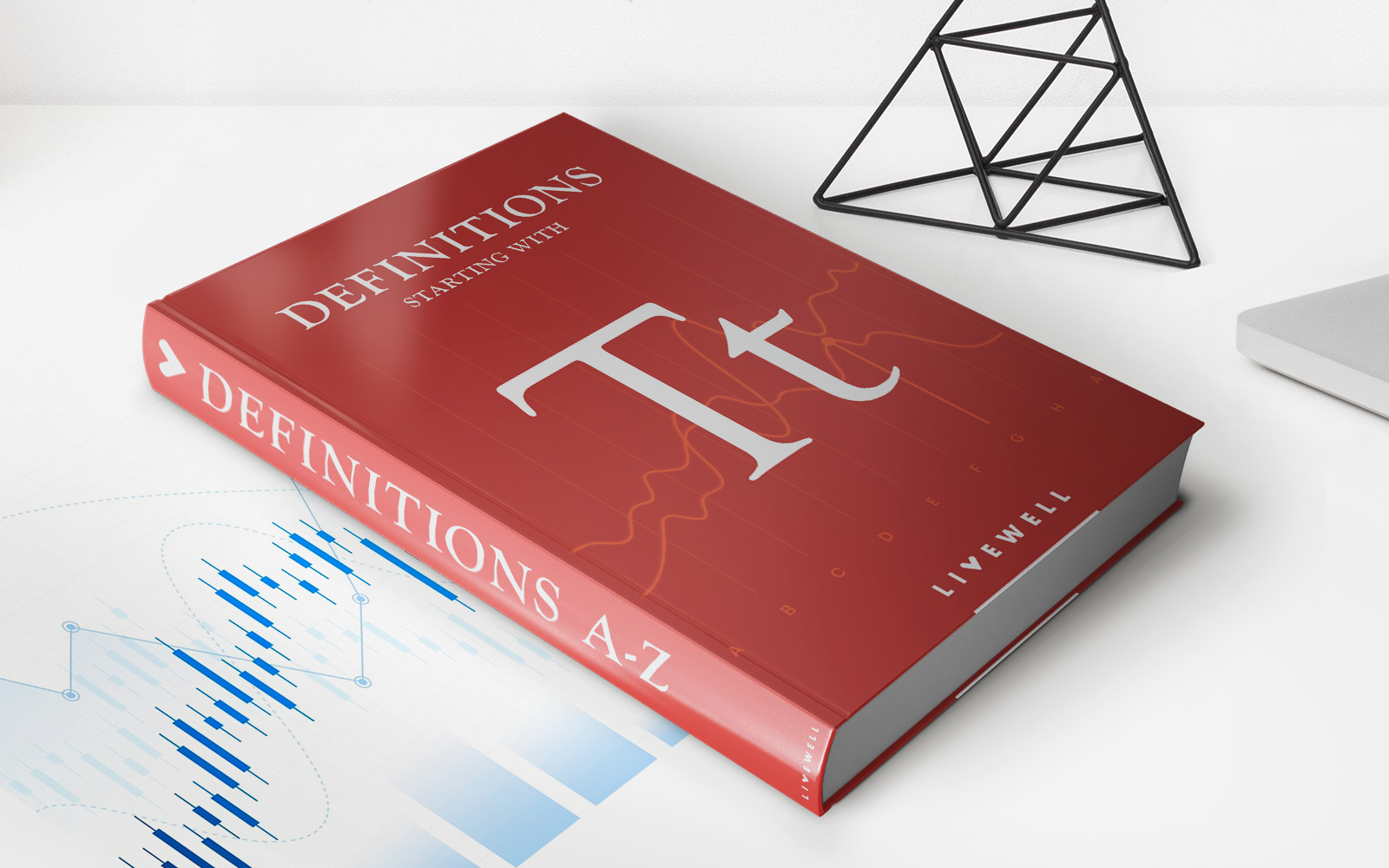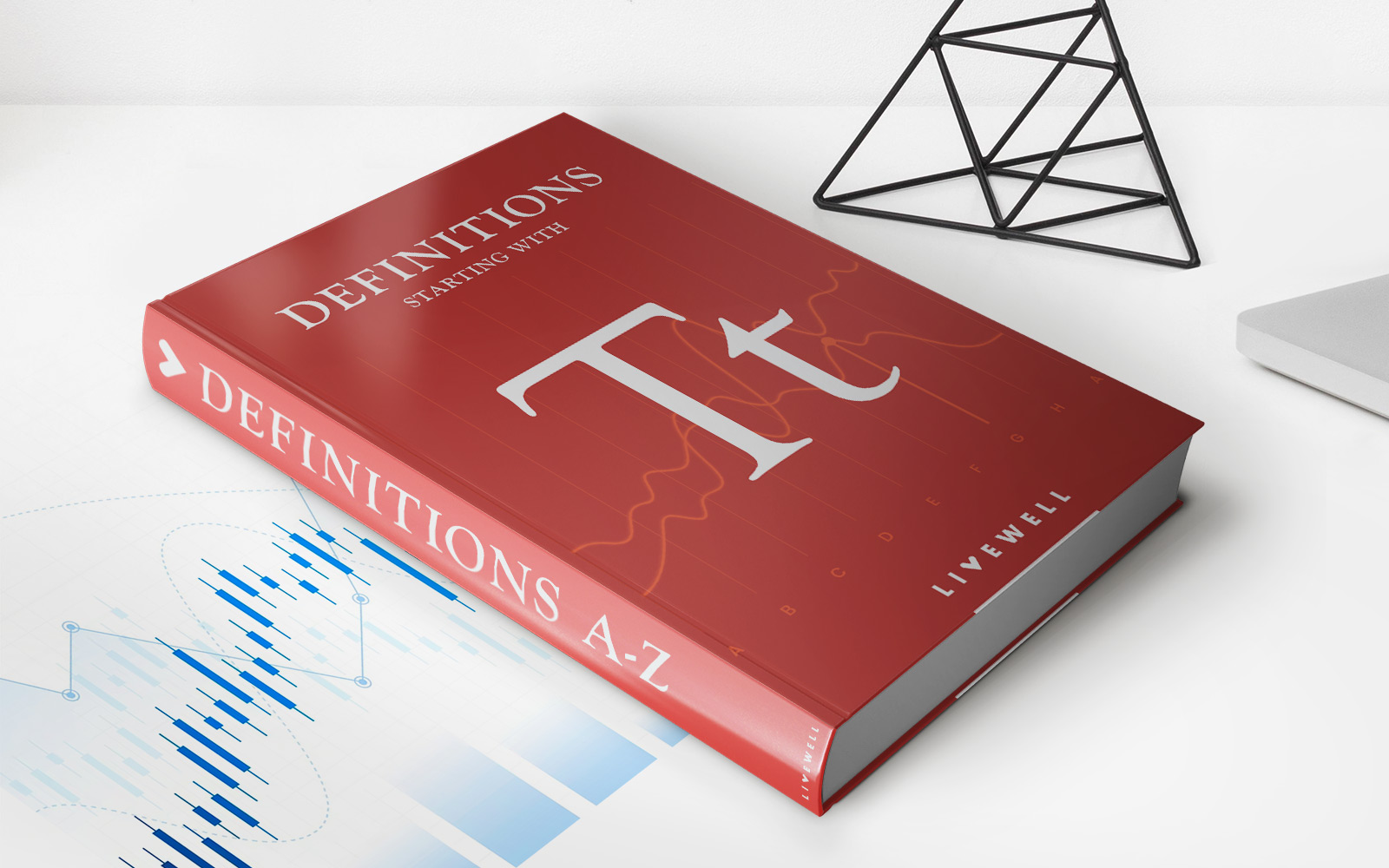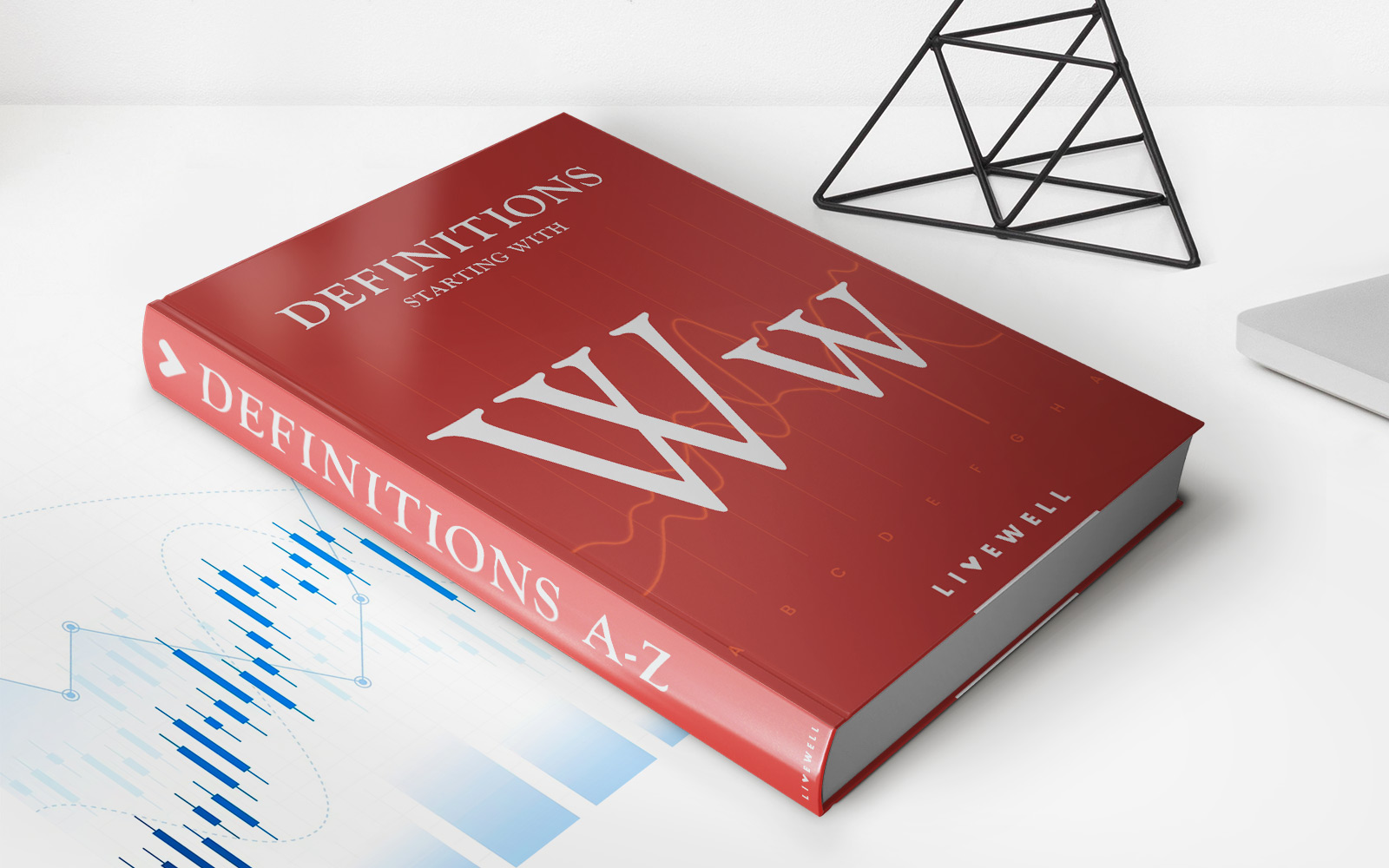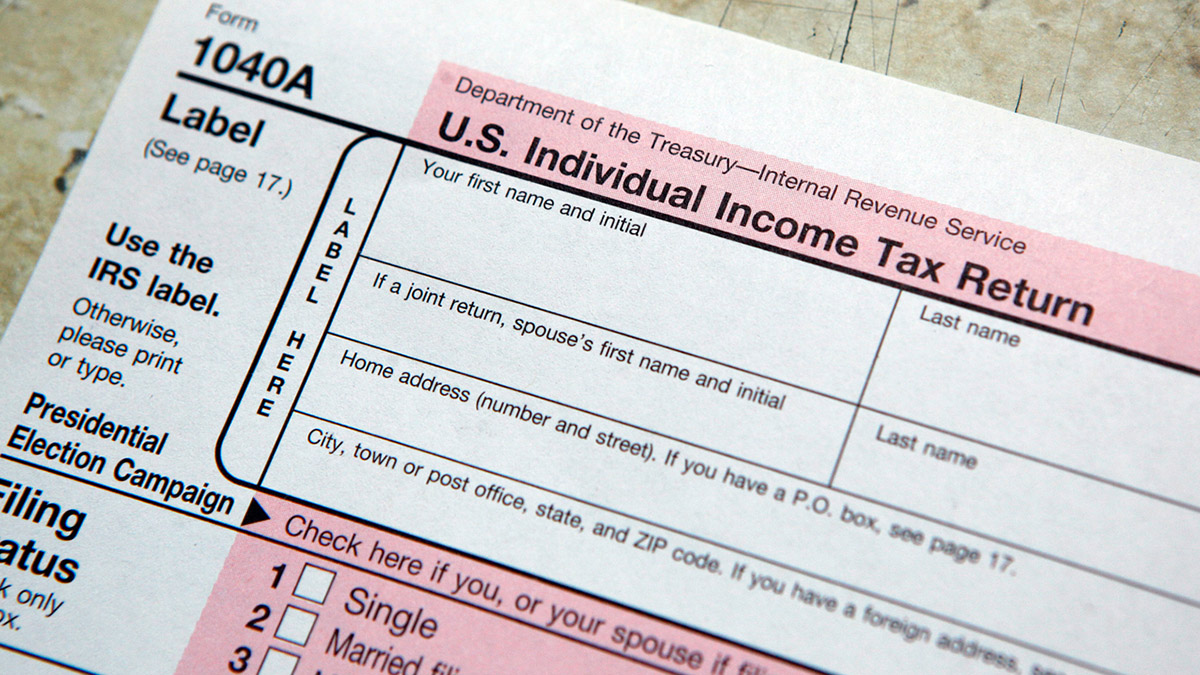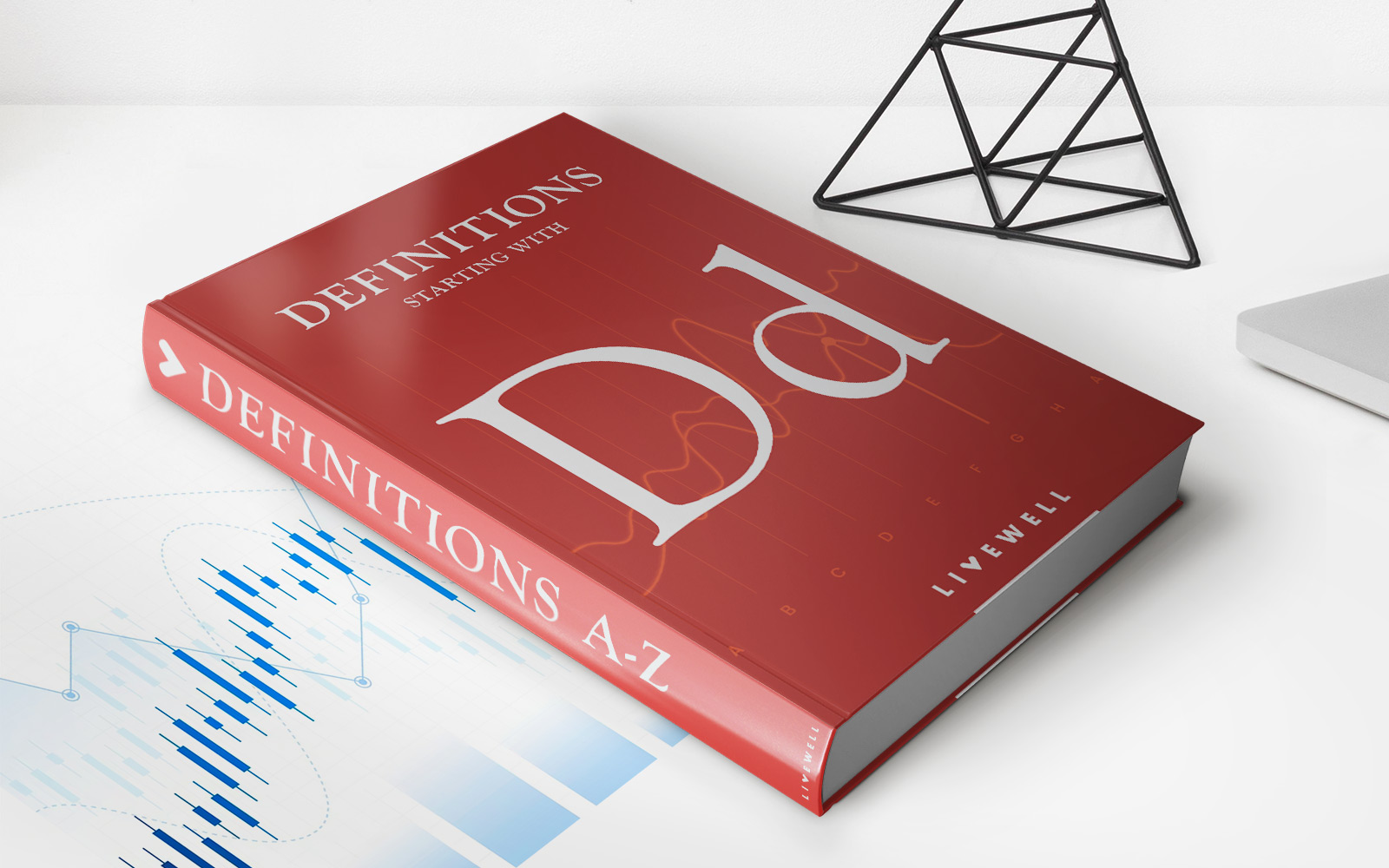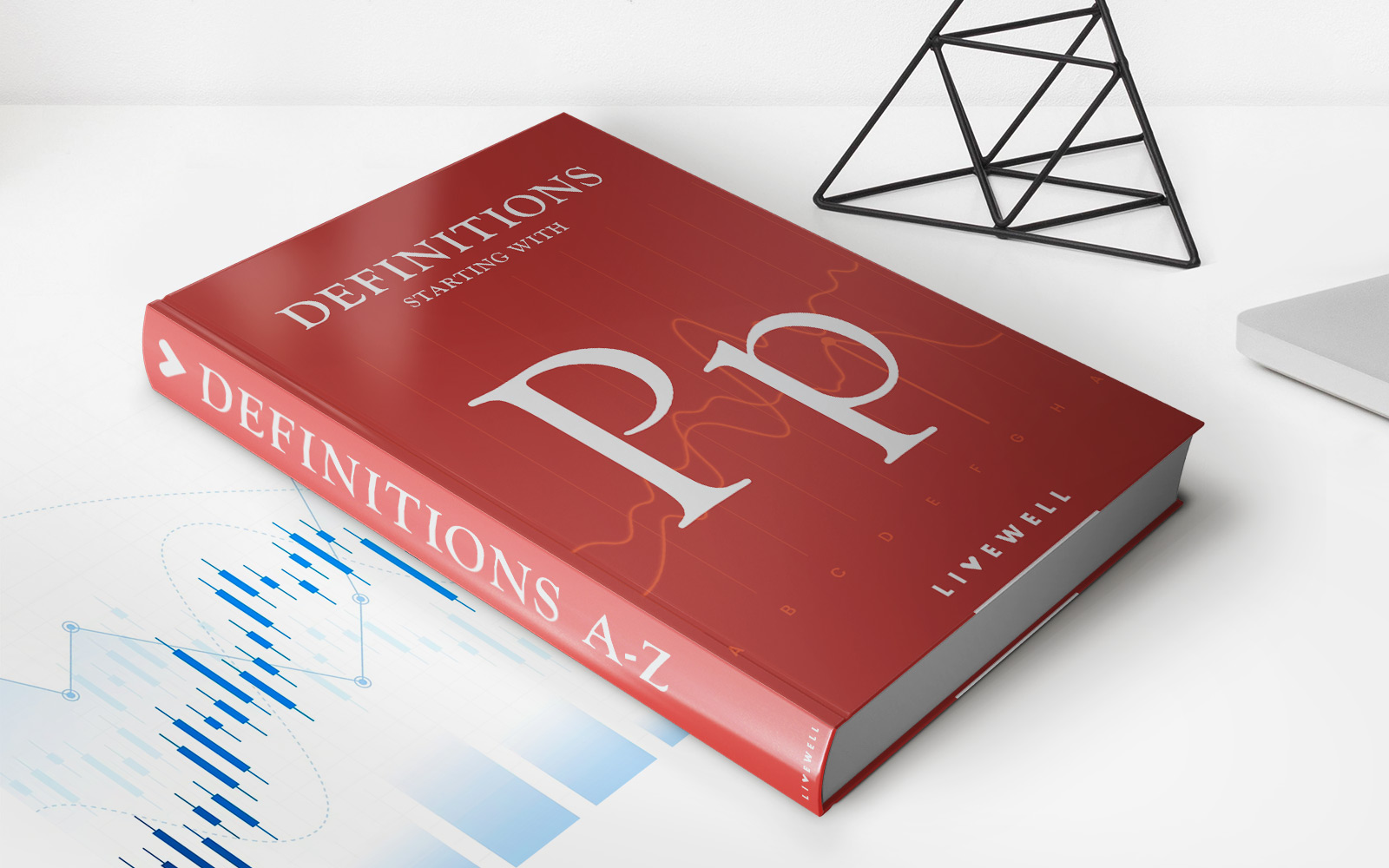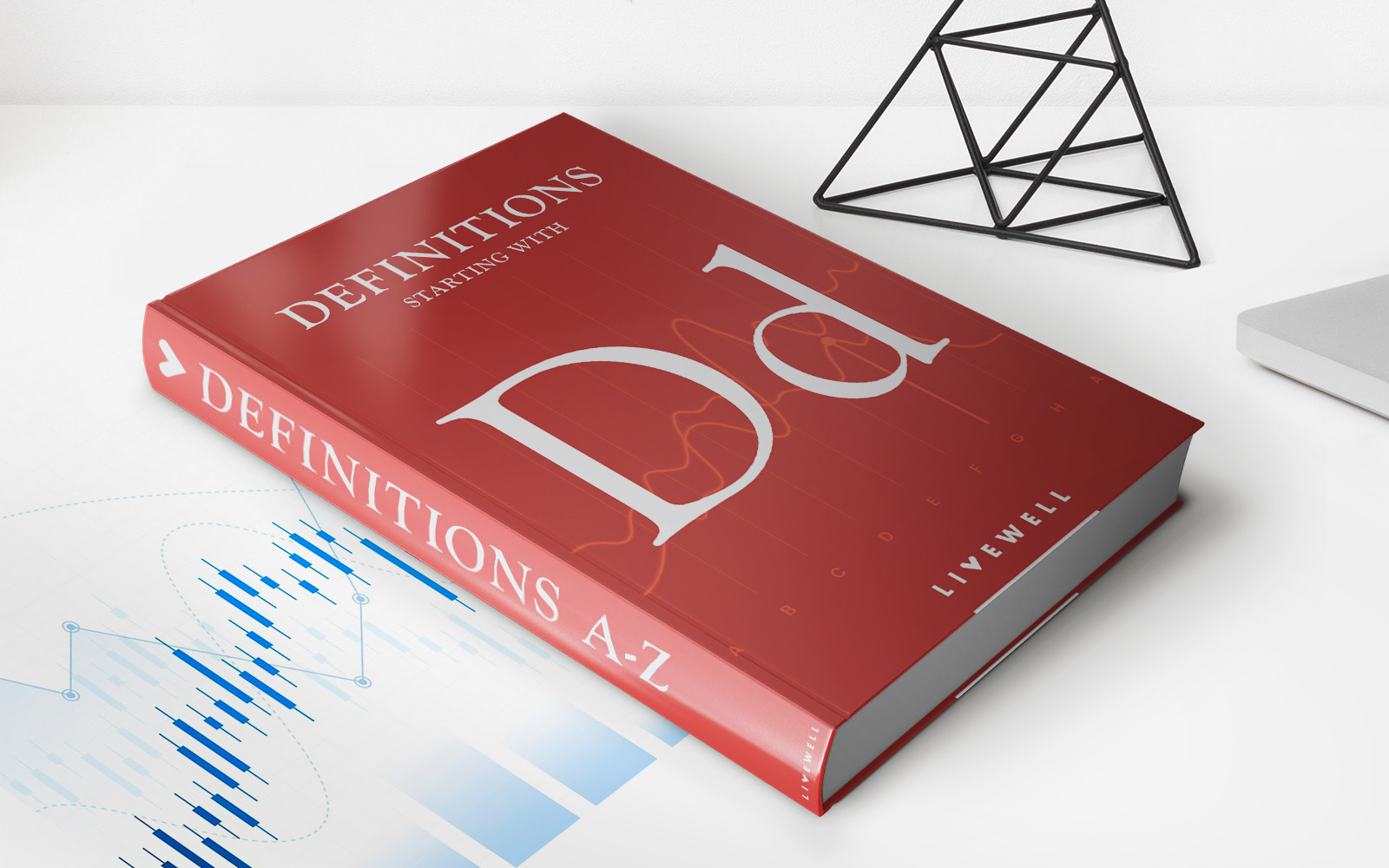Home>Finance>Widow’s Exemption: Definition, State And Federal Tax Rules
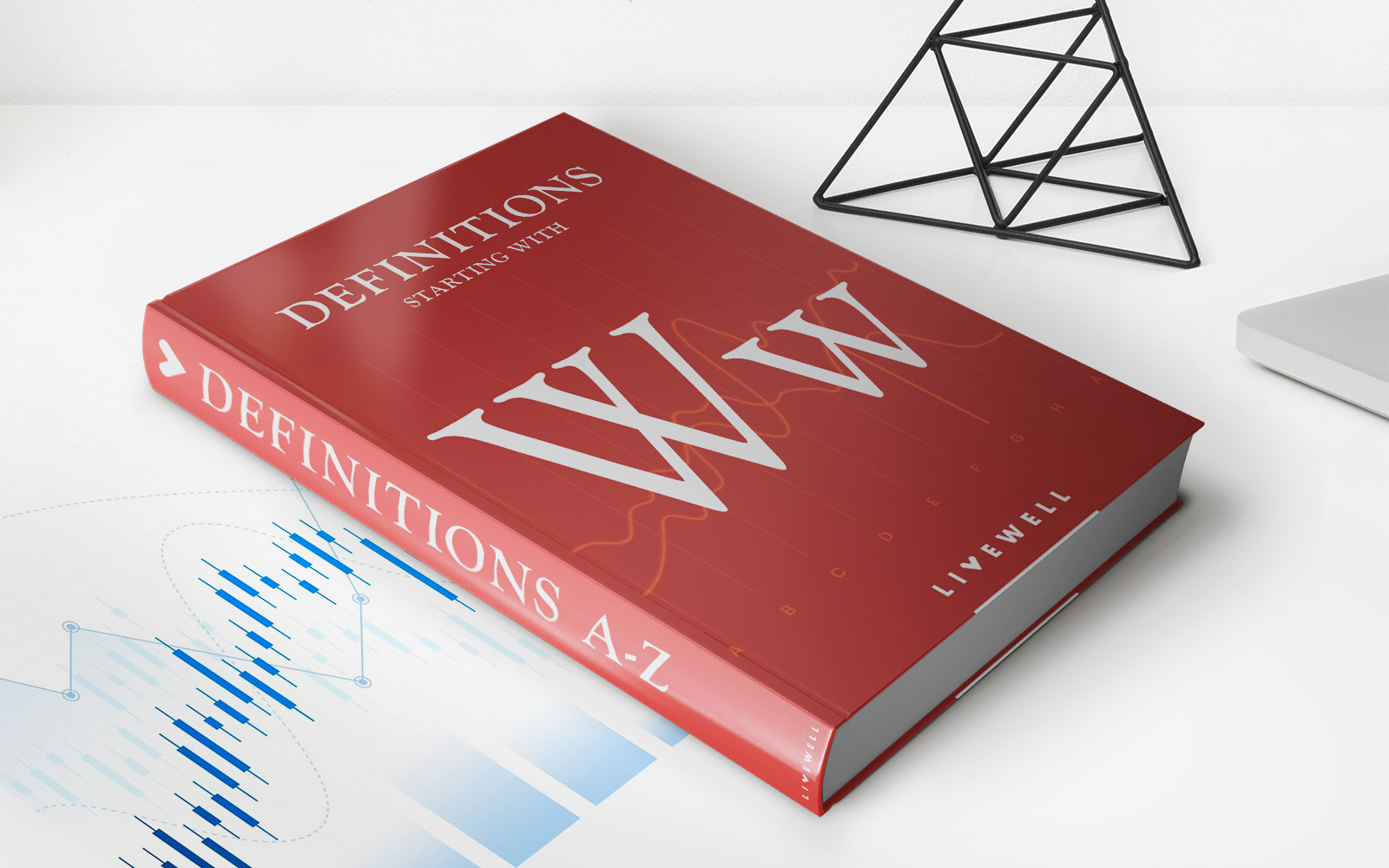

Finance
Widow’s Exemption: Definition, State And Federal Tax Rules
Modified: February 21, 2024
Learn about the definition and tax rules of the widow's exemption in state and federal taxes. Find out how it affects your finances.
(Many of the links in this article redirect to a specific reviewed product. Your purchase of these products through affiliate links helps to generate commission for LiveWell, at no extra cost. Learn more)
The Widow’s Exemption: Definition, State, and Federal Tax Rules
Are you a widow or widower navigating the complex world of taxation? Understanding the Widow’s Exemption can provide you with valuable insights into how you can optimize your tax filings. In this blog post, we’ll explore the definition of the Widow’s Exemption and delve into the state and federal tax rules associated with it. Let’s dive right in!
Key Takeaways:
- The Widow’s Exemption is a tax benefit available to widows and widowers that allows them to reduce their taxable income.
- Both state and federal tax rules can impact the eligibility and benefits associated with the Widow’s Exemption.
Understanding the Widow’s Exemption
The Widow’s Exemption is a tax provision that provides financial relief to individuals who have lost their spouse. It allows you to reduce your taxable income by claiming an exemption specifically designed for widows and widowers. By taking advantage of this exemption, you can potentially lower your overall tax liability.
To qualify for the Widow’s Exemption, you typically need to meet certain criteria, which can vary depending on your state and federal tax laws. Generally, you must meet the following requirements:
- You must be widowed, meaning your spouse passed away during the tax year.
- You must have remained unmarried for the entire tax year.
- You must be eligible to file as a qualifying widow or widower.
It’s essential to consult with a tax professional or familiarize yourself with the specific rules and regulations in your state to ensure you meet all the necessary eligibility criteria.
State Tax Rules and Widow’s Exemption
When it comes to tax matters, it’s crucial to remember that each state has its own tax rules and regulations. Some states conform to federal tax laws regarding the Widow’s Exemption, while others may have their own variations or additional requirements.
For example, in some states, the Widow’s Exemption may be automatically granted if you qualify for it on your federal tax return. However, in other states, you may need to claim it separately or meet additional criteria to be eligible.
If you are uncertain about the specific rules in your state, it is highly recommended to seek guidance from a tax professional or refer to your state’s department of revenue website for accurate and up-to-date information.
Federal Tax Rules and Widow’s Exemption
On the federal level, the Widow’s Exemption falls under the category of filing status known as “Qualifying Widow/Widower with Dependent Child.” This filing status typically offers tax benefits similar to those available to married couples filing jointly.
Qualifying for this federal filing status generally requires meeting the following criteria:
- You must have a dependent child.
- You must have been widowed within the last two years.
- You must have provided more than half of the financial support for your dependent child.
By filing as a qualifying widow or widower, you can potentially benefit from a higher standard deduction and enjoy a lower tax rate compared to other filing statuses.
Conclusion
The Widow’s Exemption is a valuable tax benefit that can significantly impact your tax liability as a widow or widower. Understanding the criteria and rules governing this exemption at both the state and federal levels is essential to optimize your tax filings. Remember to consult with a tax professional or refer to reliable sources for accurate information tailored to your specific circumstances. By doing so, you can make informed decisions and ensure you take full advantage of the benefits available to you.
